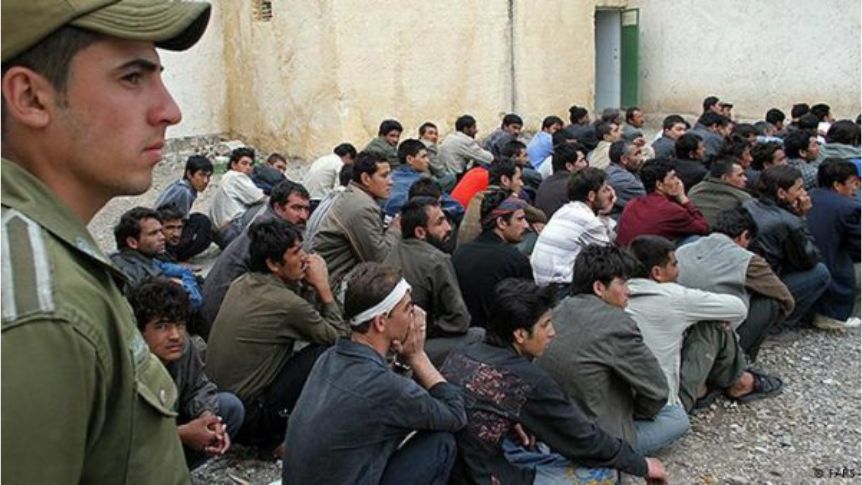ISLAMABAD – Another group of Pakistani nationals has been repatriated from Iran after being released from Iranian jails, officials confirmed on Friday, in a move hailed as a continuation of the deepening bilateral cooperation between the two neighbouring countries.
The Iranian Embassy in Islamabad issued a statement confirming the handover of prisoners to Pakistani authorities, highlighting that their sentences had been suspended on humanitarian grounds. The gesture is part of a broader commitment made during recent high-level visits between the two nations.
At present, over 160 Pakistanis are held in various Iranian prisons, while nearly 60 Iranian nationals are facing trial or serving sentences in Pakistan. Officials say the repatriations are based on mutual respect and Islamic brotherhood.
High-Level Understanding Behind the Release
The release comes in the wake of Iranian President Dr. Ebrahim Raisi’s state visit to Pakistan earlier this year, where both countries agreed to expedite prisoner swaps under humanitarian and Islamic principles.
Pakistan’s Minister for Law and Justice, Senator Azam Nazir Tarar, also took up the matter with Iran’s Minister for Justice. He assured that the Pakistani government would coordinate with the Ministry of Interior and relevant legal bodies to ensure the timely return and rehabilitation of its citizens.
Background: A Tradition of Humanitarian Cooperation
This is not the first such exchange. In a previous wave, 28 Pakistani prisoners were released from Iran and returned home under similar humanitarian arrangements. These efforts are seen as symbolic of the goodwill between the two Muslim nations and have been welcomed by human rights advocates and legal experts.
The Pakistani government has reiterated its commitment to providing legal, consular, and social support to all returning nationals and has called for the swift resolution of pending prisoner cases on both sides.
Future Steps Expected
With the framework for such exchanges now more firmly in place, further repatriations are expected in the coming months. Both nations are also exploring formal bilateral prisoner transfer agreements to institutionalize the process and ensure consistent application of legal and humanitarian standards.



